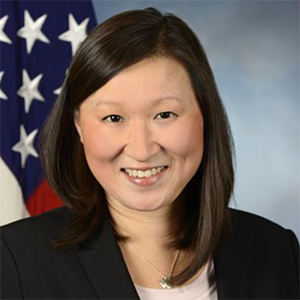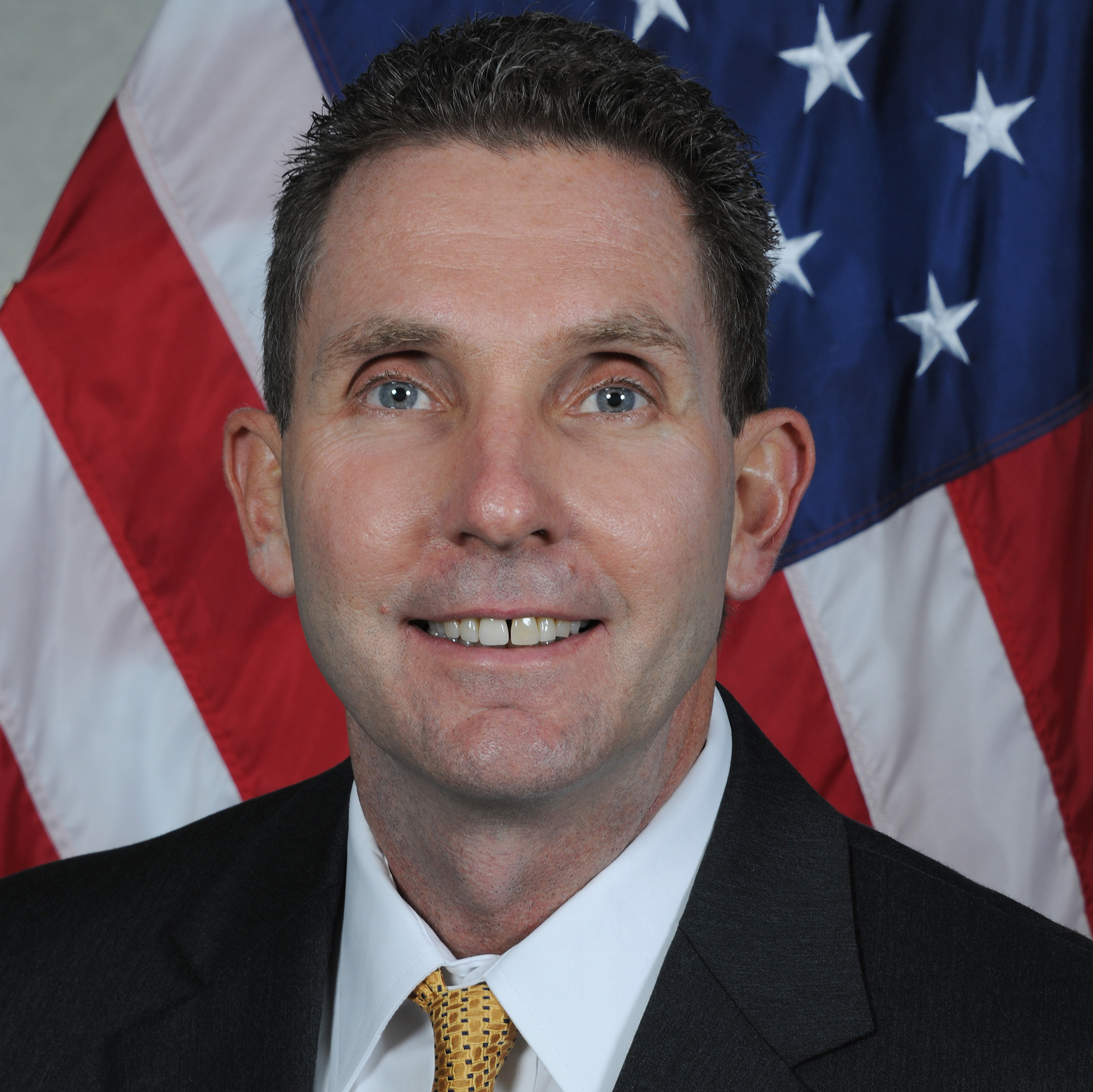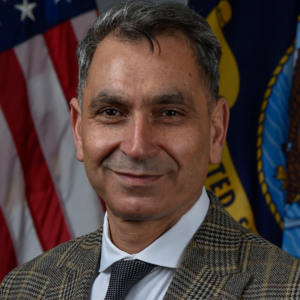

This panel will highlight the flux created by the creation of the Space Force. With the SDA and changes to other traditional military space agencies and departments the Space Force must work closely with space industry entrepreneurs and innovators to advance technologies, streamline procurement processes and expand cooperation with other civil space organizations. More broadly this session discusses the structure of DoD as it relates to space and how new policy will affect space operations moving forward.
 Janna Lewis
Janna Lewis
Janna is a senior attorney and technology strategist with more than 17 years of experience counseling clients in the aerospace, national defense and intelligence, and commercial space sectors. She has unique, cross-sector expertise in guiding programs and technology development for U.S. government and commercial initiatives, including experience with satellite, launch, unmanned vehicles, C4ISR architectures, cloud computing, and cybersecurity.
Prior to joining BAE Systems, Janna worked for Northrop Grumman as Corporate Counsel-IP, supporting their Mission Systems Sector, where she facilitated innovation and strategic partnerships to advance defense and intelligence capabilities. Prior to that, Janna worked for Facebook, where she supported Facebook’s mission to enable global internet connectivity. She helped to frame industry partnerships to catalyze delivery of global space-based and high-altitude connectivity solutions. Before Facebook, Janna was in private legal practice, where she served as senior legal counsel to U.S. and international clients in the aerospace and defense, healthcare, software, and telecommunications industries.
Janna is a member of the Defense Innovation Board, Space Advisory Committee and a volunteer with the Space Foundation. She frequently writes and speaks about the evolving legal and cultural landscapes in the defense, intelligence, and space industries, and has been recognized for her proactive, results-oriented approach to client counseling. Janna is committed to diversity in the space industry, and is a strong advocate for new space professionals.
 Kari Bingen
Kari Bingen
Kari is the Chief Strategy Officer at HawkEye 360, the first commercial company to use formation-flying satellites to create a new class of radio frequency (RF) data and analytics. She is guiding the company through an evolving space landscape and growing market for RF data and analytics, and focused on how such capabilities can support national security users and a wide array of industries.
Previously, Kari served as the Deputy Under Secretary of Defense for Intelligence and Security (Deputy USD(I&S)), after being unanimously confirmed by the U.S. Senate in May 2017. The USD(I&S) establishes policies and priorities for the defense intelligence and security enterprises (including the DIA, NGA, NRO, NSA, and DCSA); manages an annual budget of over $54 billion, including military intelligence and joint military-national intelligence programs; and oversees the defense intelligence and security workforce of over 120,000 personnel. Kari began the realignment of defense intelligence and security investments to address National Defense Strategy priorities, guided the Department’s AI/ML pathfinder, and elevated the Department’s focus on personnel and industrial security.
Prior to DoD, she was the Policy Director on the House Armed Services Committee and staff lead for its Strategic Forces subcommittee, advising members of Congress on defense policy, program, and budget matters. Prior to entering government, Kari specialized in national security space issues, working with U.S. defense and intelligence community clients, first as a space systems analyst at SRA International’s Adroit C4ISR Center, and then as a senior space policy analyst at the Aerospace Corporation.
Kari is a non-resident Senior Adviser at the Center for Strategic & International Studies (CSIS) and a member of the Blue Origin, Beacon Global Strategies, and CalypsoAI advisory boards. She was a commissioner on the CSIS Task Force on Technology and Intelligence. She is passionate about “paying-it-forward” as an Adjunct Assistant Professor at Georgetown University and as a member of the Common Mission Project Board of Advisors. She is a graduate of the Massachusetts Institute of Technology with a degree in Aeronautics and Astronautics, and a 2002 NRO Technology Fellow.
 Mike Nichols
Mike Nichols
Mr. Nichols has managed DoD meshed network solutions, including terrestrial transport, data applications, and commercial satellite services as a Department of Defense government civilian for more than 32 years.
During the span of his career, Mr. Nichols has managed communication services for the United States Navy Europe/Central Region in Naples, Italy, was a project manager for European terrestrial transport initiatives based out of Stuttgart, Germany, and served as a senior advisor to the Afghan Ministry of Communications and Technology in Kabul, Afghanistan as part of the U.S. Department of Defense Telecommunications Advisory Team.
Prior to his current position, Mr. Nichols was the Deputy Chief for the DoDs Enhanced Mobile Satellite Services (EMSS).
A U.S. Navy Veteran, Mr. Nichols is proud to serve the Department of Defense and provide critical C5ISR that enable warfighter capabilities.
 Dr. Mir Sadat
Dr. Mir Sadat
Dr. Mir Sadat has more than 25 years of experience in private industry and government. Mir is a former policy director at the U.S. National Security Council, where he led interagency coordination on defense and space policy issues. In this role, Mir supported the establishment of both the US Space Force and US Space Command, and reviewed national security decisions involving civil space (NASA) and the US commercial space sector. Mir is also a naval officer with intelligence and space qualifications and in his preceding two naval assignments; he served as a space policy strategist with Chief of Naval Operations and as a space operations officer with U.S. Tenth Fleet. Mir has a Ph.D. from Claremont Graduate University and has taught at various universities in California and Washington, DC.
He is founding editor-in-chief of Space Force Journal and co-author of “U.S. Space Policies for the New Space Age: Competing on the Final Economic Frontier.” Follow him on Twitter @Dr_Sadat_USN and LinkedIn
 Dr. Gurpartap GP Sandhoo
Dr. Gurpartap GP Sandhoo
Dr. Sandhoo currently occupies the Distinguished Visiting Professor Robert Heinlein Endowed Chair in Astronautics at the US Naval Academy. Prior to that as a member of the Senior Executive Service (SES) he headed the Spacecraft Engineering Division, and was the acting Director of the Naval Center of Space Technology (NCST) at the U.S. Naval Research Laboratory (NRL), a full spectrum lab that conceives, designs, builds, tests, operates, and transitions advanced space systems and technologies. He provided executive direction and technical leadership in conducting research of space systems with advanced technologies.
He was also a flight controller at NASA’s Johnson Space Center, and was research & development engineer at Johns Hopkins University’s Applied Physics Laboratory, and in industry. Since 1986, he has served in uniform in the U.S. Marine Corps and the U.S. Navy. Currently, Sandhoo is a Captain in the U.S. Navy Reserve as an Engineering Duty Officer, is VS8 and VR2 level Space Cadre, and is the Commanding Officer of Navy Cyber Warfare Development Group reserve unit.
He holds a Bachelor’s degree in mechanical engineering from the University of Maryland, a Master’s degree in electrical engineering from Johns Hopkins University, Master’s from the U.S. Naval War College, a Master’s and a Doctorate in Aeronautics and Astronautics from George Washington University, and is a MIT Seminar XXI fellow.